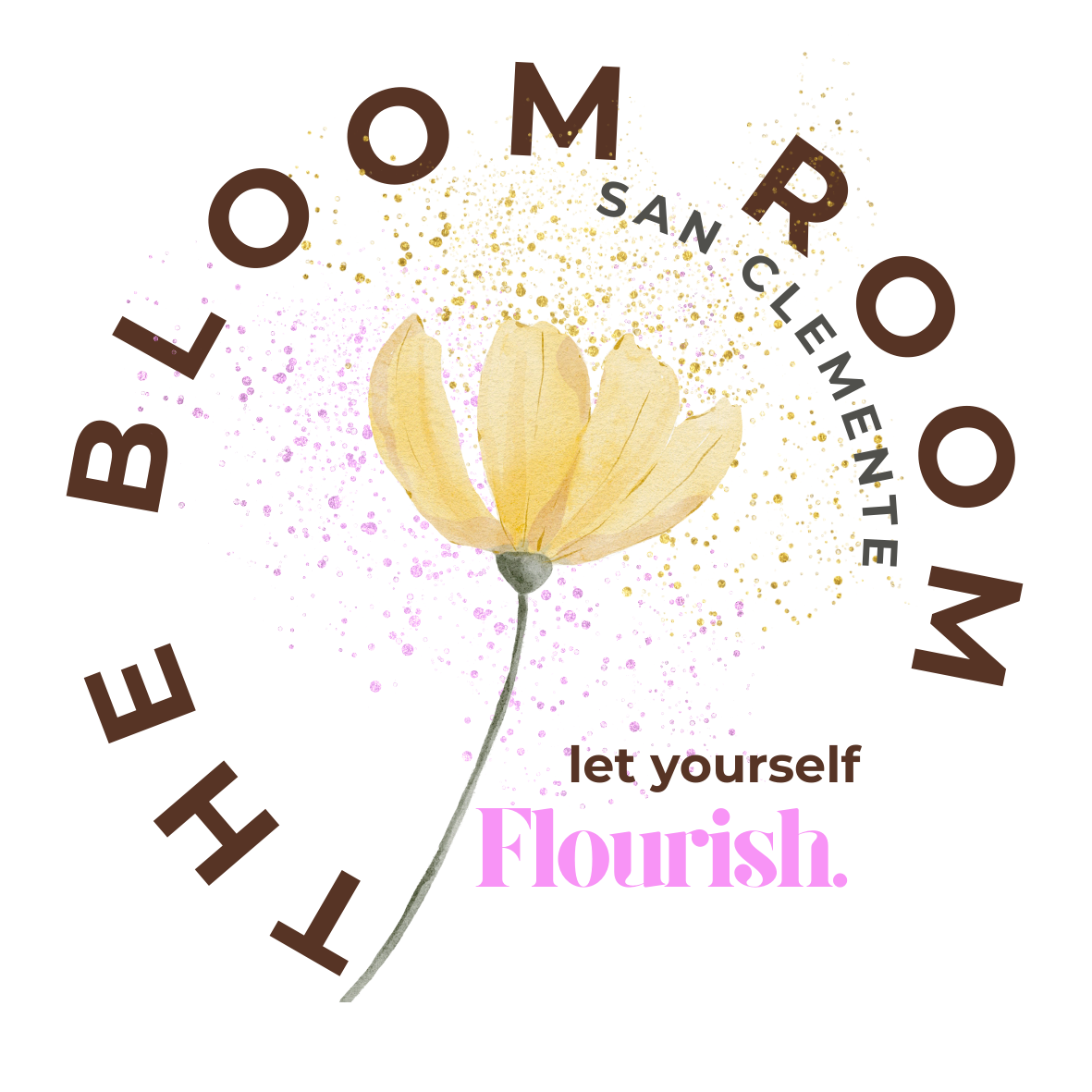Attachment Theory
/Attachment theory explains how and why our earliest experiences in relationships (as far back as caregivers in infancy) influence how we will relate to ourselves and to others throughout our entire life. Attachment experiences and styles have also been linked to mental health, including many specific mental illnesses. As a clinician, I utilize an "attachment lens" in every situation, as it plays a key role in every person's life.



